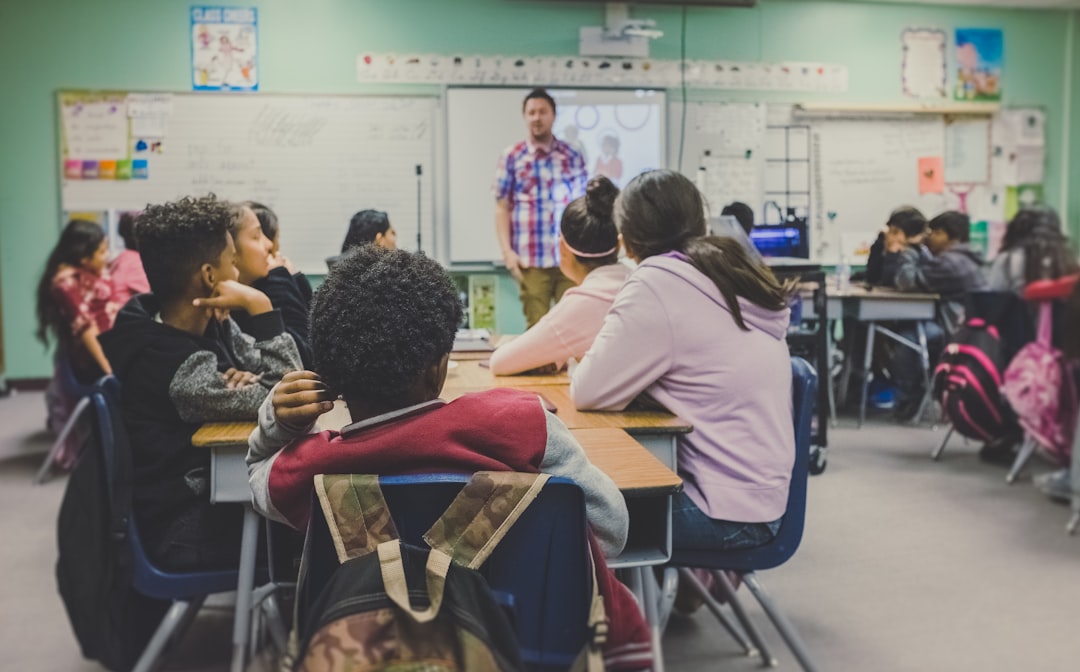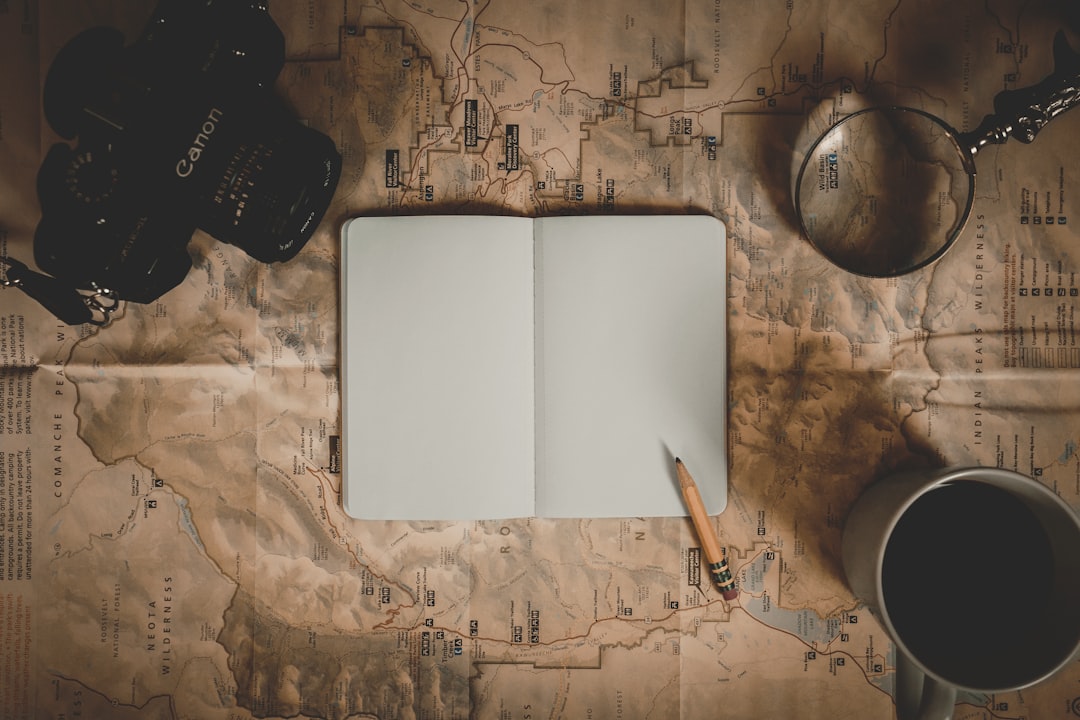Have you ever done something and then thought about how you could improve next time? If you have, then you have already engaged in the Kolb cycle of reflection, even if you didn’t realize it.
The Kolb cycle of reflection is a framework used to help people understand how they learn and grow from their experiences. It was developed by David Kolb, a professor of organizational behavior at Case Western Reserve University, in the 1970s.
The cycle consists of four key stages: concrete experience, reflective observation, abstract conceptualization, and active experimentation. Each stage is important in the learning process, and they all work together, like pieces of a puzzle.
The first stage, concrete experience, is where we experience something firsthand. It’s when we try something new, take risks, and make mistakes. This stage is all about doing and feeling, and it’s where we connect with our emotions and senses.
After having a concrete experience, we move on to the second stage, reflective observation. This is when we think about what happened during the experience. We observe and reflect on what we felt, what we did, and what we learned. This stage is all about analyzing and evaluating.
The third stage is abstract conceptualization. This is where we try to make sense of what we experienced and observed. We start to draw conclusions and make connections between our experiences and what we already know. This stage is all about making sense and creating meaning.
The final stage is active experimentation. This is where we try out what we learned in a new situation. We apply our new knowledge and skills, and we see how things work out. This stage is all about testing and experimenting.
The Kolb cycle of reflection is often depicted as a circle, with each stage leading to the next, and all of the stages being important for learning to occur. However, it’s important to note that learning doesn’t always happen in a linear progression. Sometimes we may spend more time in one stage than in another, or we may cycle back and forth between stages.
For example, let’s say you’re learning how to ride a bike. You start by trying to ride it for the first time, which is the concrete experience stage. After that, you reflect on how it felt and what you did, which is the reflective observation stage. Then, you start to think about how you can improve your technique and balance, which is the abstract conceptualization stage. Finally, you apply what you learned and practice riding your bike again, which is the active experimentation stage.
But let’s say you fall off your bike while practicing, which brings you back to the concrete experience stage. You may then spend more time reflecting on what went wrong and how you can avoid falling, which is the reflective observation stage. You may also need to adjust your concept and try a new approach, which is the abstract conceptualization stage. This may lead you to experiment with different techniques and strategies, which is the active experimentation stage.
The Kolb cycle of reflection can help us understand how we learn and grow from our experiences, whether it’s learning a new skill, adjusting to a new environment, or reflecting on our personal experiences. By engaging in each stage of the cycle, we can develop deeper insights, gain new perspectives, and apply our learnings to new situations.
Kolbs cycle of reflection is a way to learn from what we experience. It’s like putting together a puzzle with four pieces: concrete experience, reflective observation, abstract conceptualization, and active experimentation. It’s important to remember that we don’t always learn in this order, and sometimes we need to go back and try again. The cycle can help us learn new skills, adjust to new situations, and reflect on our experiences. By using each part of the cycle, we can gain new insights and apply what we learned to new situations.
The Kolb cycle of reflection is a powerful framework for understanding how we learn and grow. Whether you’re a student, a professional, or just someone looking to improve yourself, this cycle can help you make the most of your experiences and achieve your goals. Remember to stay engaged in the cycle, and don’t be afraid to cycle back and forth between stages. Happy learning.













